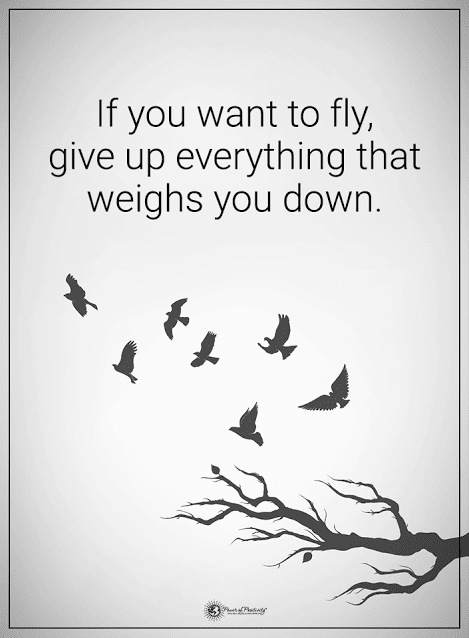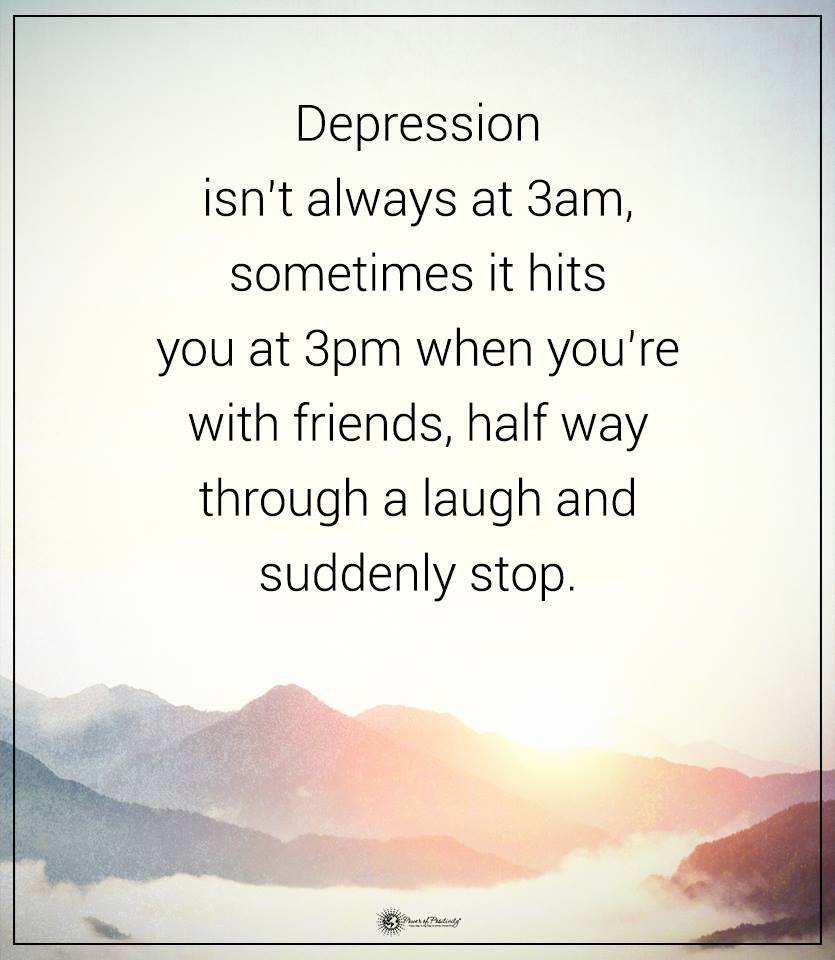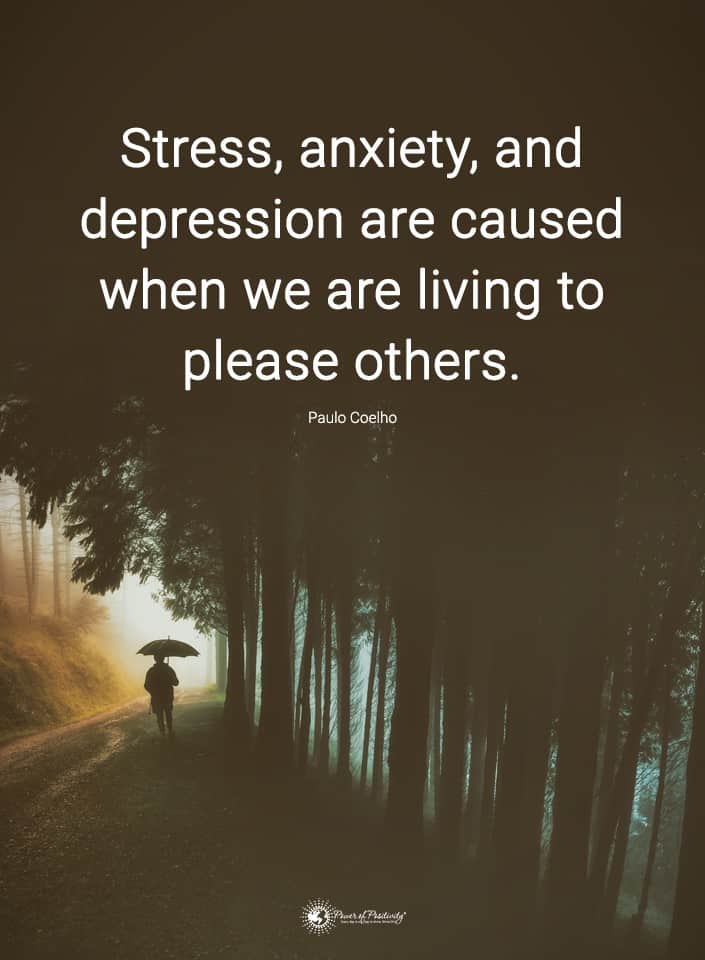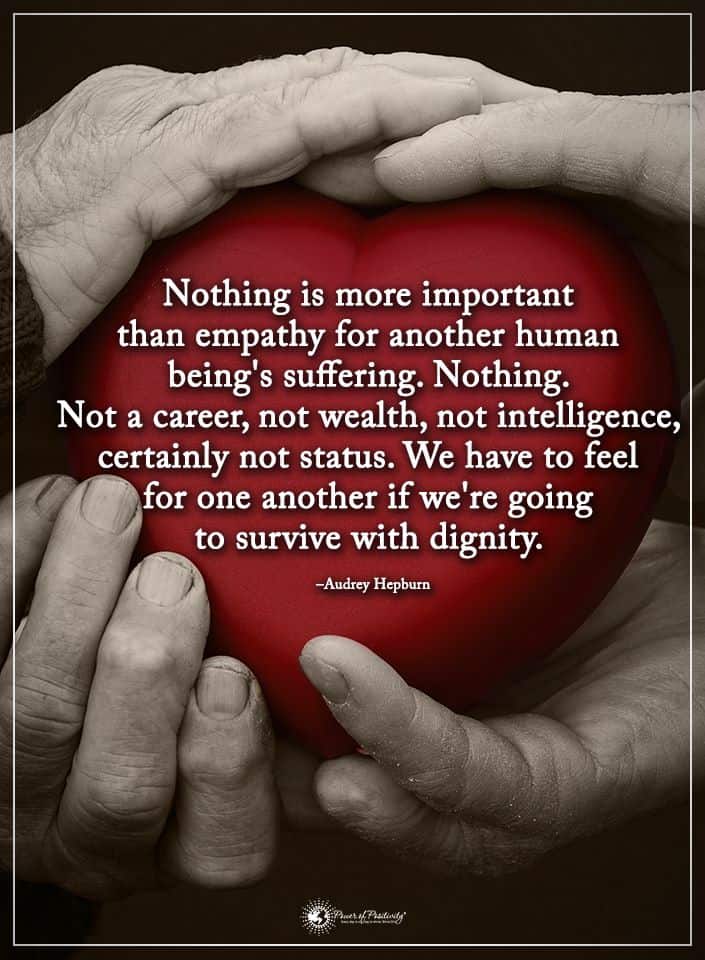Everyone feels sad once in a while. It’s a normal range of human emotions, and you should never feel bad about feeling poorly. When you’re depressed, wanting to cheer yourself up is pretty natural. However, it can be difficult to get yourself out of the rut that you are feeling.
When you’re ready to stop feeling sad, there are ways to recover from depression. Remember these key things when you’re not feeling good because they will help you build yourself back up and feel positive again. Don’t get too distressed if one or two of these ideas don’t work right away. Getting yourself to feel better when you are depressed works best when you’re not too hard on yourself.
Here Are 5 Things People Who Come Out Of Depression Do Differently
“Do not brood over your past mistakes and failures as this will only fill your mind with grief, regret and depression. Do not repeat them in the future.” – Swami Sivananda
1. They don’t try to control everything
A lot of people tend to feel upset when things they can’t control don’t go the way that they planned. One of the best ways to make yourself feel better when you’re not feeling good is to learn to let things go because “wanting to control is the same as wanting to be controlled,” says author and teacher Yong Kang Chan.
“Realize that the more you want to control, the less control and freedom you have. Many people don’t wish to let go of their control because they are afraid that once they let go, they lose control. However, that isn’t true,” adds Chan.
You can’t control everything, and reminding yourself of that will make letting things go a lot easier. Focusing on the things that you can control will make letting go of the things you can’t easier.
2. They put themselves first
Giving more of yourself to others than you’re prepared to give can make your emotions hard to control because “we begin to lose our balance and slide down the slippery slope from generosity to martyrdom,” says Valerie Monroe, former beauty director at The Oprah Magazine.
Feeling depressed means that you need to focus on yourself for a little while. This doesn’t mean that you have to be selfish and stop helping people who need it, or giving emotional labor to your friends and loved ones.
People who come out of depression know that, “… if you don’t look after yourself first you may end up drowning along with the person you were trying to save,” says mental health advocate and author Zachary Phillips.
Therefore, making yourself feel better when you’re depressed requires you to put yourself first for a little while. You’ll be amazed how much better you’ll feel.
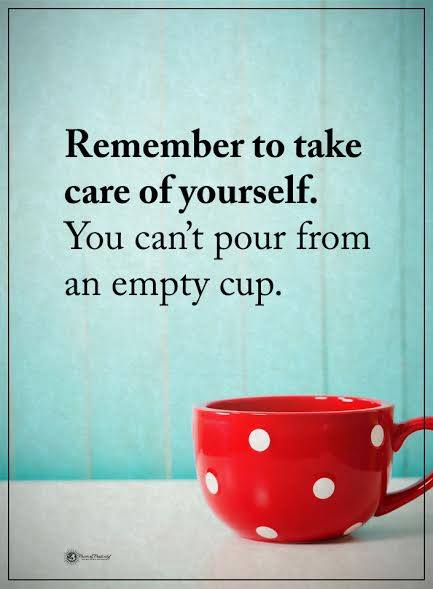
3. They have learned to say no
Part of putting yourself first is learning how to say “no” to people. If you’re an accommodating person, your emotions might suffer if you don’t allow yourself to say ‘no’ to things that you can’t, or simply don’t want to do. Saying ‘no’ doesn’t make you a bad person. In fact, it makes you a person who knows their own boundaries.
When you respect yourself enough to say “no”, you’ll find that your mood will start to improve quickly and depressive feelings will start fading away. If you bog yourself down with too much responsibilities, you may have a hard time making yourself feel better because “whenever you say yes to something, it means you’re saying no to something else,” says doctor and life coach Dr. Susan Biali, M.D.
People who come out of depression have learned this the hard way; it doesn’t have to be hard for you – learn to say ‘no’ because you are your first priority.
4. They don’t beat themselves up
When things go wrong, take a deep breath and acknowledge the things that need to change to make sure they don’t happen again. And then, implement those changes! That’s all you have to do. Beating yourself up over things that have gone wrong will only make you feel worse about yourself, obviously.
“We all sometimes doubt our abilities and wish to improve certain aspects of our personalities, attitudes, looks, or skills. It’s normal. However, constantly thinking of ourselves as worthless or not good enough is very different. Chronically treating ourselves with scorn and self-loathing can have consequences for our mental well-being, health, and relationships with loved ones,” says teacher and author Beverly D. Flaxington.
It’s time to forgive yourself for a lot of things and let go of things that have gone wrong. People who come out of depression know that once you learn to let things go and stop beating yourself up, your mood will drastically improve even after things go wrong.
5. They focus on the positive
This might be what feels like bad advice at first, but it really works. Even if you’re feeling depressed or dejected, there’s always something positive in your life that you can look to and focus on. If you’re feeling depressed, try focusing on all of the things in your life that are good.
“Compliment yourself on the things you do well; acknowledge your achievements, no matter how small. This won’t eliminate all negative thinking, but if you can tip the scales toward the positive, it will help keep your energy up,” adds Flaxington.
People who come out of depression know the importance of focusing on positivity. They focus on it and let themselves feel good instead of dwelling on the negativity. You should try it too!
Final thoughts
Being depressed can feel overwhelming, especially when it’s a feeling that persists for more than a few days or weeks. Really looking at your life and the things in it is a great way to turn it around. Positivity can be found right around the corner as long as you focus on the good things in your life and make sure that you put yourself first every once in a while.
I leave you with this fantastic song by Helen Reddy;
“Would you take better care of yourself, would you be kinder to yourself, would you be more forgiving of your human imperfections if you realized your best friend was yourself?”
Be positive; it’s the best way to overcome depression.

